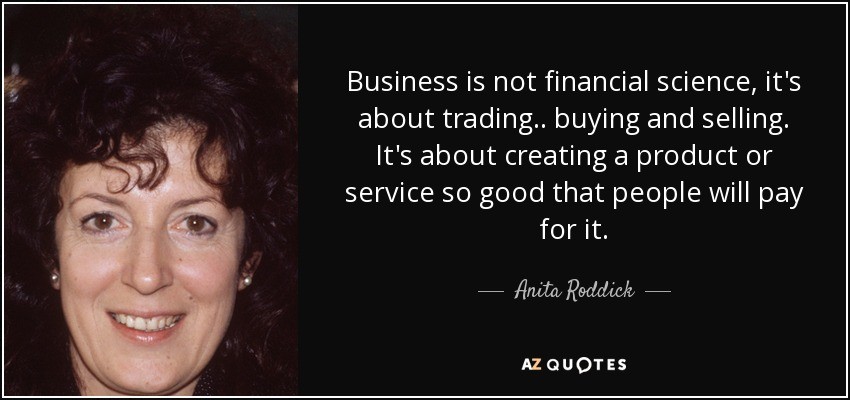Great question eh? Someone asked me what my exit plan was when I first started in business in the early eighties. I didn’t have an exit plan. I had just started in business so this was the furthest thing from my mind at that time. There is no doubt about it though, we do need an exit plan when the time comes and we need to make sure we have everything in place many years before this.
Having sold my last business, I made the decision after the recession in 2008/9 that I was not going to go through another recession. At that time I had been running the business for over 20 years, and I needed to make sure that the business was in a position for me to be able to sell it. The process from the decision through to the same took 7 years plus a 3 year earn out. Just because we have a business does not mean that the business will sell, but we need to give ourselves the best opportunity to be able to sell the business – if that is what we want.
The choices we have as business owners – when that time comes – is to hand the business over to a family member or someone else and still retain a vested interest in the business. Another choice is to just let the business run down – and I hear this so often from business owners I know and the other option is to sell it.
So let’s expand on the opportunities above
- Handing the business over to someone else and retaining a vested interest
I was asked why I did not go down this route. My answer always was that I know how I run a business. There is no guarantee that someone else is going to run it the same way. Therefore there is no guarantee the business will continue to be as successful with someone else at the helm. Also – and more importantly – if I still owned the business and someone else was running it and it all went wrong, then I am still financially liable. When I made the decision to sell, I did not want to have any continued involvement once the earn out process was completed.
2. Run the business down
Why any business owner would want to do this without exploring option 3, I really don’t know. I have a couple of clients who – when asked the question about selling their business – told me they were just going to wind it down. When I asked them WHY, they didn’t really have a good answer. Maybe selling the business seemed to be unachievable or too difficult a process, but now I have them thinking differently.
3. Getting the business ready for sale
From my personal experience, once I had made the decision to sell the business, I needed to make sure that it was prepared for sale. Firstly after the recession, I needed to get the business profitable again. I then needed to make sure it wasn’t reliant on me. I needed to almost make myself redundant. I then needed to get a good system in place. This is where the great team of staff I had around me came into play, and also my outsourced suppliers. This took me from 2008 to 2012. I put the business on the market in 2012 with an agent. I did not want to get stressed trying to sell it quickly so I kept adding profits to the business. I saw a number of potential buyers over the first 3 years, but nobody floated my boat. I think most business owners know who is a good match for their business, and within 3 months of me marketing the business myself, I had found a buyer. Then there was a 12 month long drawn out process between legal teams followed by a 3 year earn out finishing at the end of March 2019.
My suggestions are to build the business as if you know you are going to sell that business. Put the processes and systems in place from day 1. Surround yourself with a skilled team who can run the business without you being there. This does not mean you are off having daily jollies. Have daily involvement but know the business is well set up to run without you. Just make sure you look after your staff and make sure you reward them accordingly as without them, the business could be more difficult to sell.
Make sure you have great trustworthy outsourced suppliers and get a mentor or coach who you can bounce ideas off. Ideally someone who has run their own business – and sold a business – and has the experience you are looking for. Just check the credentials of your outsourced suppliers as you do need people around you who can add value to your business. Set a goal for when you want to sell – and be realistic – and check regularly to make sure you are on track. This is where you need expert advice by your side.
If you need any help or just a chat to establish your opportunities, please message me via linked in.
This article was first published on LinkedIn by Richard Knight on 23/05/2021

